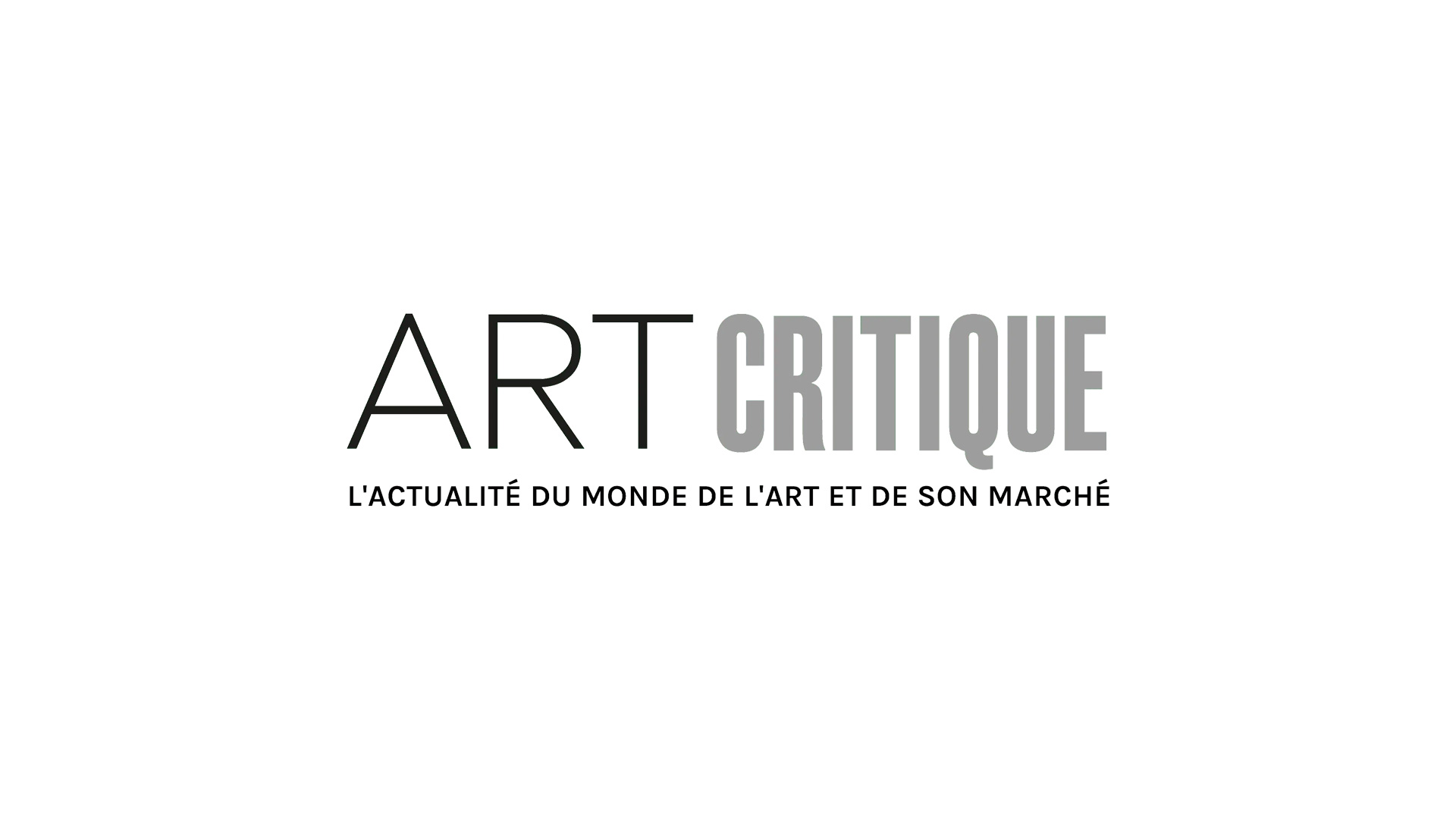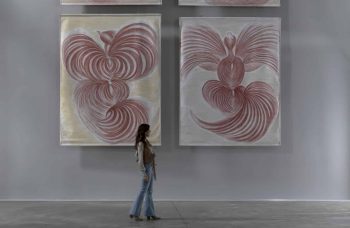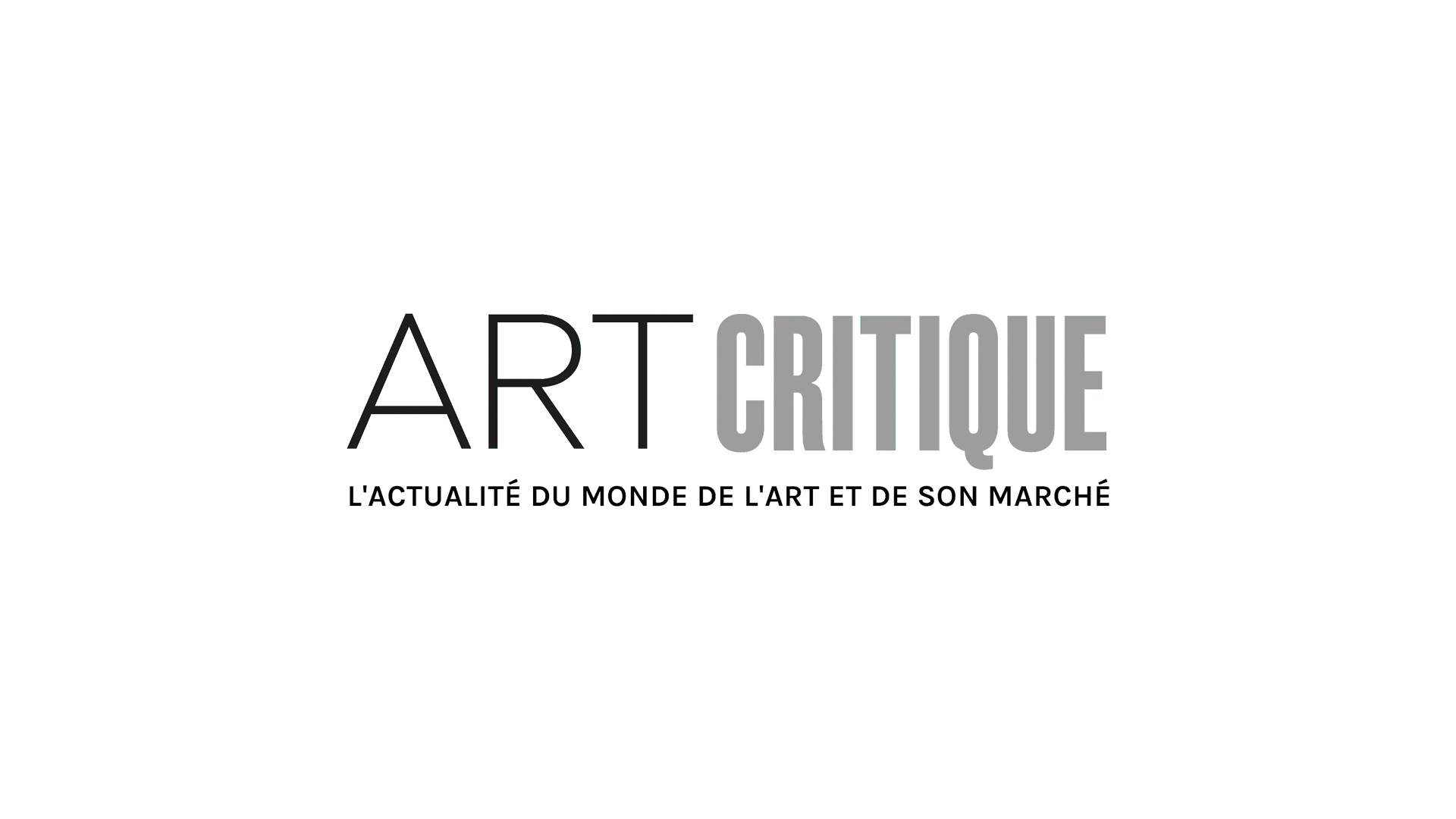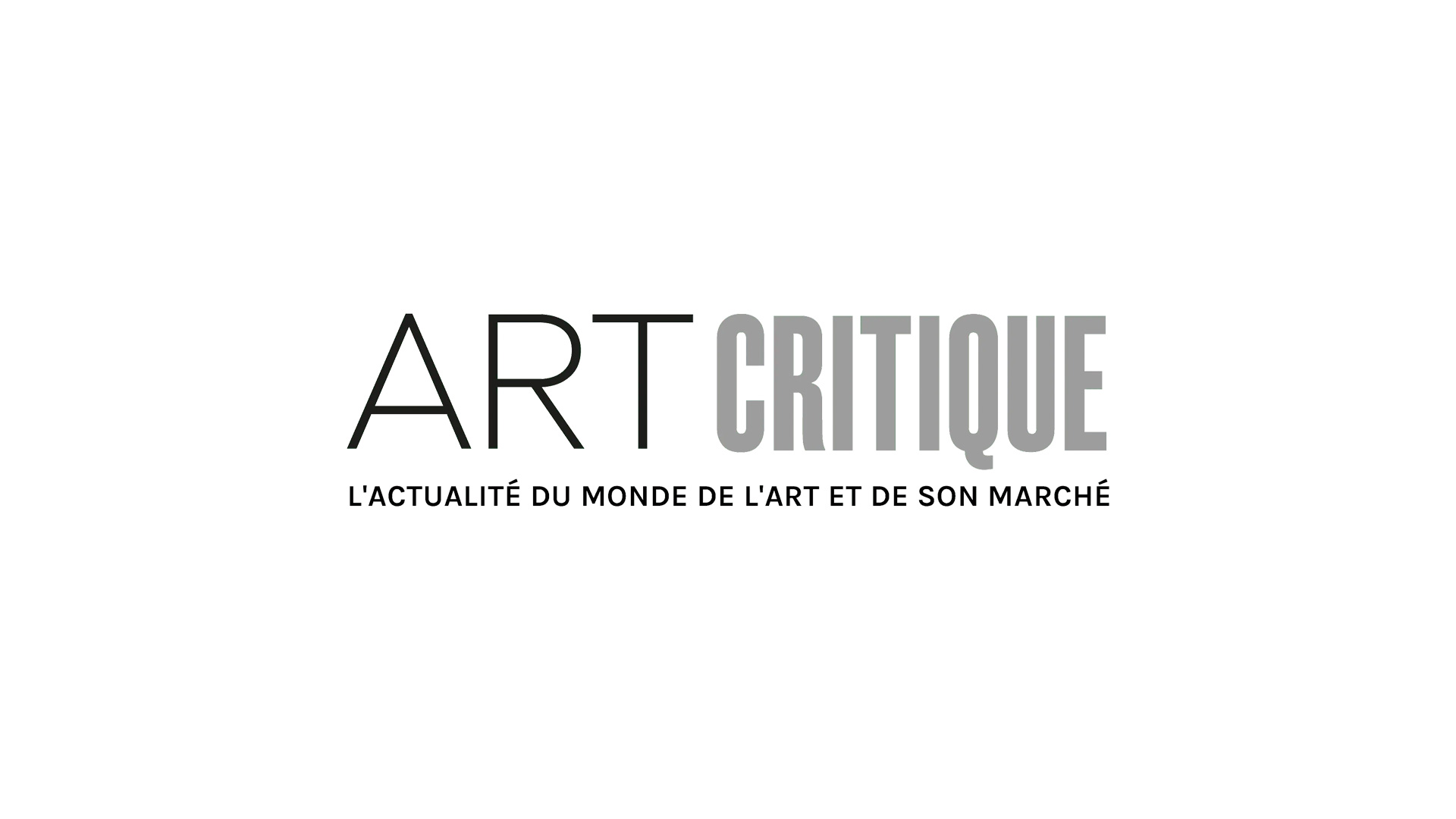Once delayed due to the COVID-19 pandemic, a retrospective of works by Philip Guston will now be delayed until 2024. The traveling exhibition, entitled “Philip Guston Now,” has been in the works for a long time, but will face another three years in planning as organisers rethink the exhibition entirely. The decision was made after protests over racial injustice have increased in recent months, which caused organisers to balk given the political and racial content of some of Guston’s works.
“Philip Guston Now” was to debut at the National Gallery of Art in Washington, DC earlier this year in June before travelling to the Museum of Fine Art in Houston, London’s Tate Modern, and its final stop at the Museum of Fine Arts, Boston. After its initial postponement, the four museums recently released a statement saying that the decision had been made to postpone the retrospective once more because the world’s situation is “very different” to what it was five years ago, when planning for the exhibition began.
Of the 125 paintings and 70 drawings by Guston that were to be shown in the exhibition, works depicting hooded members of the Ku Klux Klan, a motif used by Guston from the early 1930s, are among those that caused the most hesitation. Guston was included on a list of 25 artists who have defined contemporary art released by T Magazine last year.
“We are postponing the exhibition until a time at which we think that the powerful message of social and racial justice that is at the center of Philip Guston’s work can be more clearly interpreted,” read the joint statement, in part. “We feel it is necessary to reframe our programming and, in this case, step back, and bring in additional perspectives and voices to shape how we present Guston’s work to our public. That process will take time.”
The decision on the museum’s part to delay the show has, on the whole, received criticism from scholars, art historians, and most prominently, Guston’s daughter, Musa Mayer. In a statement, Mayer said she was “deeply saddened” by the choice. “This should be a time of reckoning, of dialogue,” she wrote. “These paintings meet the moment we are in today. The danger is not in looking at Philip Guston’s work, but in looking away.” Professor of Art History at the University of Chicago, Darby English told The New York Times that the postponement was “cowardly and patronizing.” Mark Godfrey, senior curator of international art at Tate Modern involved with the retrospective, echoed these sentiments in an Instagram statement saying: “Cancelling or delaying the exhibition is probably motivated by the wish to be sensitive to the imagined reactions of particular viewers, and the fear of protest. However, it is actually extremely patronizing to viewers, who are assumed not to be able to appreciate the nuance and politics of Guston’s works.”
The delay could be an effort on the part of the museums to not exploit communities already reeling from ongoing violence, something which other museums and artists have been condemned of in the past. Darren Walker, a trustee for DC’s National Gallery of Art, offered a statement in support of the museum’s decision, saying: “an exhibition organised several years ago, no matter how intelligent, must be reconsidered in light of what has changed to contextualise in real time… by not taking a step back to address these issues, the four museum would have appeared tone deaf to what is happening in public discourse about art.







